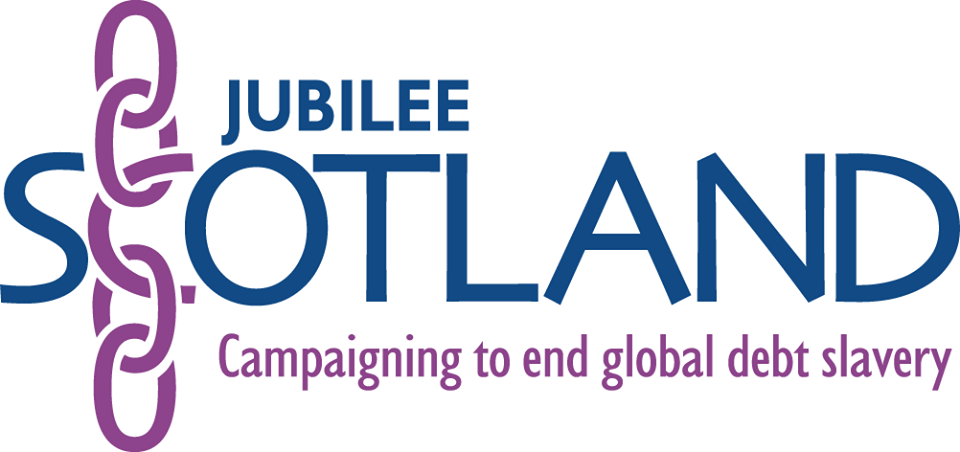
There just isn’t enough money – a narrative which seems to be doing the rounds in relation to public sector pay and industrial action. But this narrative leaves us a little perplexed. When our public finances are so stretched, why are we still allowing excessive private profits in our public infrastructure projects? Why are we using financing models that leave our public purse squeezed and allow the creation of vast private profits while teachers, nurses and other public sector workers are going home tired and under-paid?
These failing finance models are called Public Private Partnerships (PPPs) – a blanket term for many variations of the same thing such as PFI, NPD, Hub or even the new MIM model. At the end of the day they all amount to the same thing – using private finance to fund public infrastructure meaning private companies design, build, maintain and own public infrastructure. Since we’re talking about wages, a good analogy might be a payday loan – where we have the short term fix of quick funds (in this case to build a school or hospital)… but with that comes long-term debt, an inflexible contract and private companies making excessive profits.
But with PPPs, even the quality of the gains are often not up to scratch as many public sector workers will tell you. Hospitals with windows in examination room doors (staff had to create little curtains), classrooms where the blackboard isn’t in the center of the wall and in some cases – buildings that are not even safe.
Just as we know payday loans are a bad deal, the Scottish Government have also known for years that PPPs are not a solution to public infrastructure. In January 2020 Audit Scotland published the Privately Financed Infrastructure Investment report and found PPPs to be expensive and in need of more oversight. And yet we are still using them and even agreeing to the latest version – the Mutual Investment Fund (MIM).
It’s a vicious cycle and it’s one we need to stop. Public service workers strive to serve the public and we believe that ethos continues through these strikes as they seek to protect public services for generations to come. They fear for the future of those services, they are thinking short and long-term.
Sadly, Scotland has been thinking short-term for far too long. Governments and councils have opted for PPP deals that give what appears to be gain while ignoring the future pain – debt, inflexible contracts, poor value for money, a loss of accountability and, in some cases, serious building safety issues.
If you have an experience of PPPs you would be willing to share or if you would like more information about our campaign, please contact mail@jubileescotland.org.uk

Leave a Reply